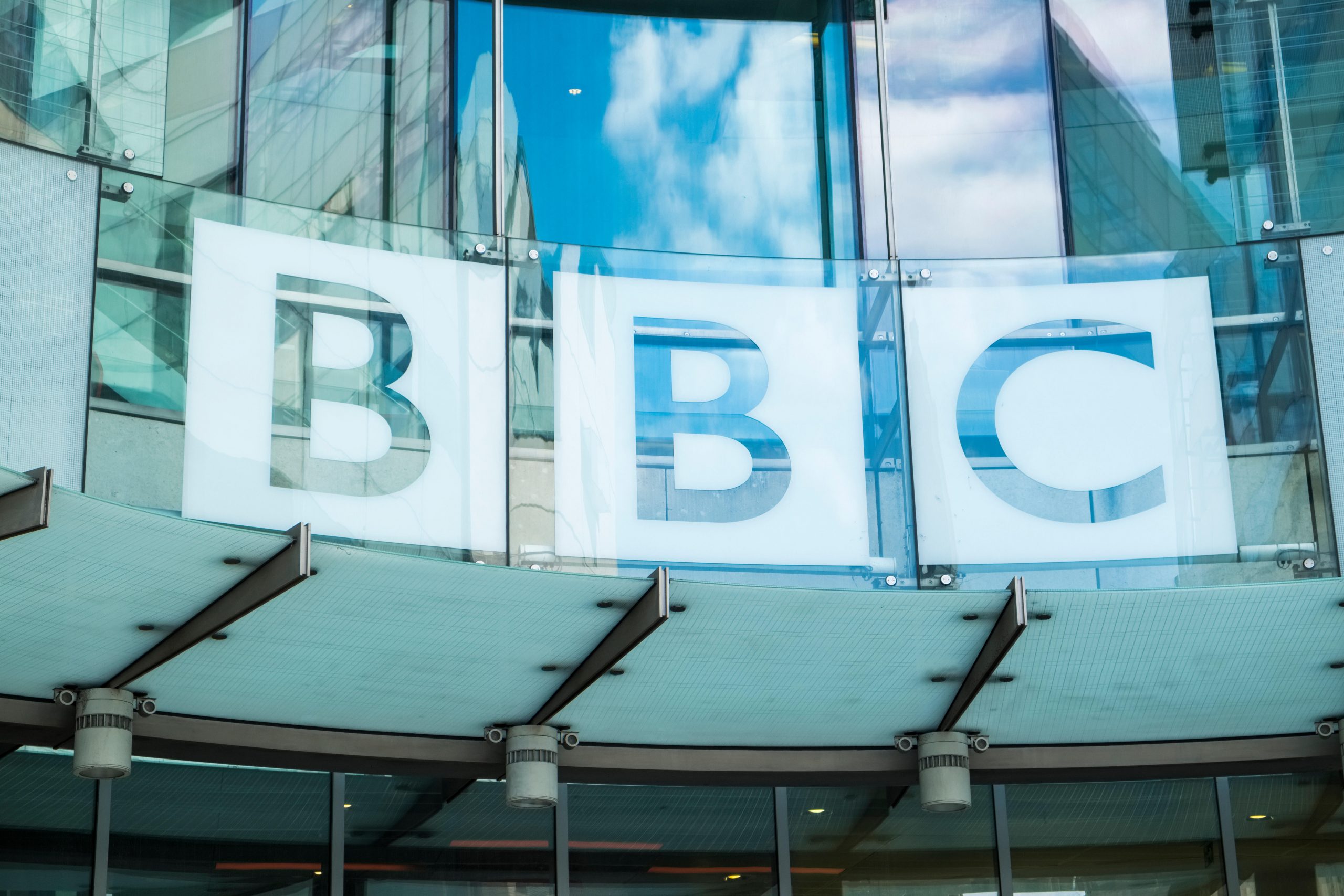Why The BBC Presenter Isn’t Being Named By The Media
There are key reasons why the press is refusing to name the BBC presenter who has been taken off the air.
There are two pressing questions surrounding the allegations against an unnamed BBC star – whether they amount to a crime and why journalists have not revealed the individual’s identity.
Over the weekend, it was revealed by The Sun newspaper that a BBC star had been taken off air after misconduct allegations were levelled against them.
In terms of the law, the accusations involve the star allegedly paying a young person for s**ualised pictures, which could potentially be prosecuted under the Protection of Children Act 1978 if the person was under 18 at the time.
Learn more about the BBC presenter investigation in the video below…
However, without concrete evidence, journalists face legal challenges in reporting the story, including defamation laws and privacy considerations.
The allegations against the BBC star are quite clear: they are accused of paying a significant amount of money for s**ualised pictures from a young person who was over the age of consent.
However, the relevant law appears to be the Protection of Children Act 1978, which criminalises the possession, creation, and distribution of indecent images of individuals under 18 years old.
Consent is not a factor when it comes to indecent images involving minors.
Related Article: Husband Issues Urgent Warning After Wife Dies Just Days After Giving Birth
Related Article: Man Whose Mother Reported Him Missing Eight Years Ago Makes Bombshell Claim
If the allegations are true, it is possible that the star could face prosecution and a maximum sentence of 10 years.
Journalists face a complex challenge in reporting on this story due to the lack of concrete evidence available.
The Sun’s coverage has been vague, leaving uncertainty as to whether they have seen proof of the payments or even the alleged photograph.
This raises legal concerns, particularly in relation to defamation laws and privacy considerations. Defamation laws protect individuals from harm caused by false statements, and even innuendo can have catastrophic effects on someone’s reputation.

Social media users speculating on the identity of the presenter should be extremely cautious, as they too could face legal consequences.
What’s more, journalists face the risk of implicating innocent individuals due to a previous legal case where a newspaper reported an allegation without naming the accused detective, yet members of the small detective group successfully sued as they were identifiable.
So, even if a news organisation chooses not to name the presenter, it could inadvertently implicate an innocent colleague.
Another factor influencing the decision not to name the BBC star is the complex area of privacy law.
Following a Supreme Court ruling in 2022, individuals under investigation by law enforcement agencies are entitled to a reasonable expectation of privacy.
Related Article: Heartbroken Parents Issue Urgent Warning After 13-Year-Old Daughter Dies From Chroming
Related Article: Madeleine McCann Suspect Speaks Out In Disturbing New Letters From Prison
This protection aims to prevent reputational harm in case the investigation is dropped.
Journalists must carefully consider whether the person in question has a reasonable expectation of privacy before naming them.
While the allegations should not be dismissed, journalists face significant legal risks in reporting on wrongdoing without sufficient factual evidence.
It remains crucial to determine the truth, but journalists must navigate these legal challenges to avoid harm and ensure responsible reporting.
Watch our Video of the Day below…
![The BBC presenter who was taken off air following s**ual misconduct allegations has been named as [name here].](https://igvofficial.com/wp-content/uploads/2024/11/breaking_news-8.webp)